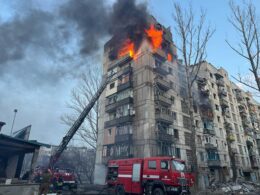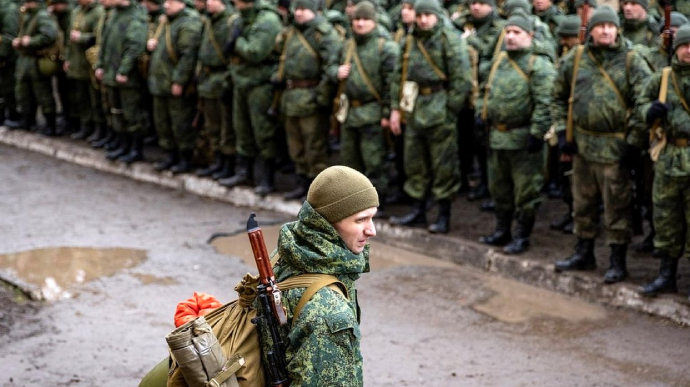On 25 July, Ukrainian Prime Minister Denys Shmyhal inspected the construction of fortification structures in Kherson Oblast and announced that the construction progress is now at 97%.
On 10 May, Russian troops launched an offensive on Kharkiv Oblast. At the time, many journalists and experts claimed that the quality of fortifications in the region was poor, which allowed the Russians to move into Kharkiv Oblast territory quickly.
Denys Yaroslavskyi, a reconnaissance commander fighting in this area, stated that the first line of defense near Vovchansk "simply did not exist," which is why the Russians simply "walked in" the city. Censor.net editor-in-chief Yuriy Butusov, who was at the scene, confirmed this version.
Could Ukraine have prevented Russia’s Kharkiv incursion? Experts weigh in
Amid the Russian offensive, Ukraine's commander of the Kharkiv operational forces was replaced – a move that some experts interpreted as proof of inadequate preparations.
Following criticism, Ukraine started purchasing materials for fortifications on the Prozorro open procurement system and allocated additional funds for them.
"Today, we visited Kherson Oblast and inspected the construction of fortification structures. At the request of the Armed Forces, we are continually building and improving defense lines. The head of the regional administration reported on the progress in this area. The construction work in Kherson Oblast is 97% complete," Shmyhal wrote on Telegram.
The prime minister said that fortification construction is a top priority for every leader of frontline regions. The official added that the Ukrainian government allocated over $48 million to Kherson Oblast this year to strengthen its defense lines.
Read also:
- British Defense Ministry: Russian forces suffer heavy losses in Donetsk offensive
- SBU arrests Russian agent caught preparing terrorist attacks in Zaporizhzhia
- Russian attack on Dnipro overnight injures seven people, including one-month-old baby, 17-year-old boy
- Georgia enacts controversial “foreign agents” law, NGOs vow opposition





